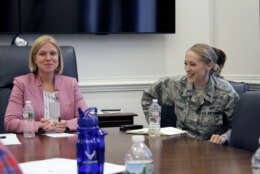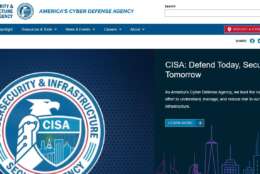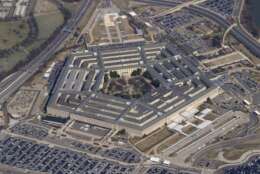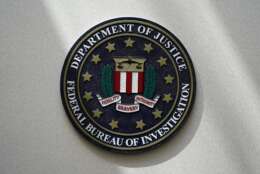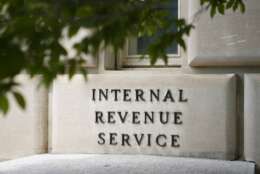Cybersecurity
-
The Air Force has several pilot programs to bring its financial management system up to zero trust standards.
March 10, 2023 -
In today's Federal Newscast: The Cybersecurity and Infrastructure Security Agency is looking at a budget bump in the millions. The Technology Modernization Fund is in line for $200 million more in fiscal 2024. And the Agriculture Department goes in search of a better potato to make better chips.
March 10, 2023 -
The new strategy identifies four pillars for improvement between now and 2027, but full details won't be released until the publication of a forthcoming implementation strategy.
March 10, 2023 -
In 2011, billionaire software developer and Netscape co-founder Marc Andreessen wrote a seminal article for the Wall Street Journal about “the software revolution.” He began the piece by proclaiming, “Software is eating the world.”
March 09, 2023 -
In today's Federal Newscast: The data breach at DC Health Link was a big one. SAM.gov also had problems, but GSA says it was not a cyber attack. And OPM is teaching federal job applicants the art of the interview.
March 09, 2023 -
The Air Force believes it's made significant progress toward improving the cybersecurity of its weapons systems — both brand new ones, and systems that have been fielded for decades.
March 09, 2023 -
Officials have informed members of the House and Senate and their staffs that hackers may have gained access to their sensitive personal data in a breach of a Washington, D.C., health insurance marketplace.
March 09, 2023 -
The director of CESER and Energy's CIO talk about their respective efforts in the wake of the Biden administration's national cyber strategy.
March 08, 2023 -
Maryland lawmakers are making one final pitch to the Biden administration to bring the FBI’s new headquarters to their state. The Maryland delegation met with officials from the General Services Administration on Wednesday, before a final decision is made on a new headquarters for the FBI.
March 08, 2023 -
Nancy Sieger has been the IRS chief information officer in a permanent or acting basis since 2019 and helped oversee the tax agency’s pandemic IT modernization efforts.
March 08, 2023 -
After a short, unsuccessful stint at college, I enlisted in the U.S. Army. Unbeknownst to me at the time, that choice set me on the path to a lifelong career in security. Upon joining the Army, I won the proverbial lottery when I was assigned to be a SIGINT (signals intelligence) analyst, later assigned to the National Security Agency.
March 07, 2023 -
As the Army works towards meeting aero trust goals, it has to integrate the security into multiple networks and the defense industrial base.
March 06, 2023 -
The government routinely collects data, including citizens' sensitive personally identifiable information, ranging from Social Security details to financial information to healthcare data. They need it to do their job and deliver the services they are obligated to provide.
March 06, 2023 -
In today's Federal Newscast: The EPA thinks the nation's drinking-water systems need better cyber hygiene. The Senate now has a companion bill that would repeal provisions that limit some feds' Social Security benefits. And the GSA is cleaning out its acquisition closet.
March 06, 2023 -
The highly anticipated strategy envisions shaping market forces and using federal purchasing power to shift more cybersecurity responsibilities onto technology vendors.
March 02, 2023

